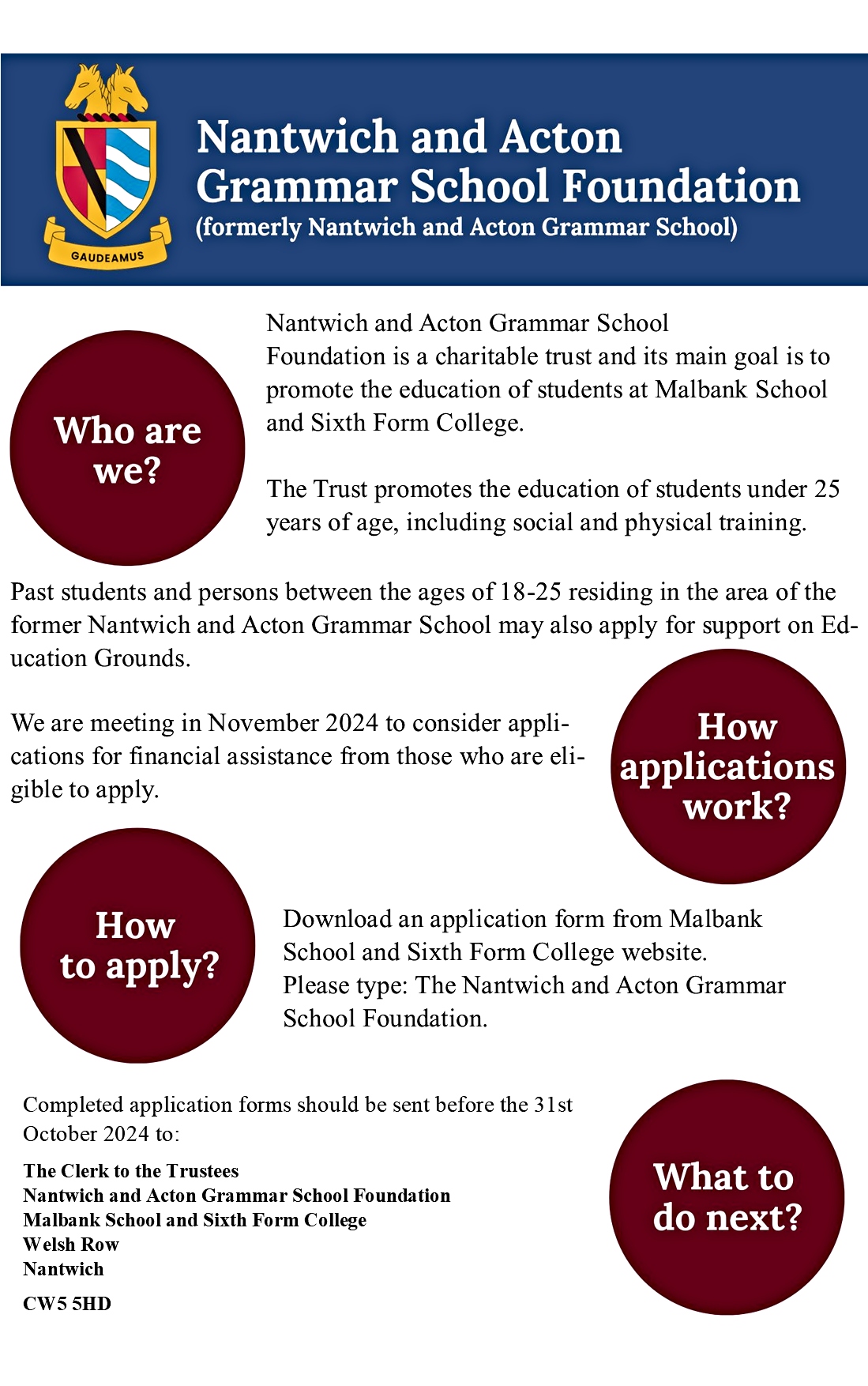
In professional and competitive sports, the risk of head injury is widespread.
While concussion is the most common type of head injury in sport, this can vary in severity.
Much more serious conditions and consequences can occur if an athlete fails to be given the appropriate care.
However, sporting regulations are changing.
No matter which team you’re involved with, it’s always worth knowing about the risk of head injuries at play – including spotting the signs and knowing how to reduce the risk.
An overview of head injuries in the UK
In the UK, there are hundreds of thousands of brain-injury related hospital admissions every year.
According to data from brain injury charity Headway, there were at least 356,699 admissions between 2019-2020.
In the same year, males were 1.5 times more likely than females to be admitted for a head injury.
In sport, the most common type of head injury is a concussion.
This is caused by a direct impact to the head – which, unfortunately, is a common occurrence in most types of games.
What does concussion look like?
The symptoms and effects of concussion usually appear within minutes and include confusion, dizziness, balance issues, headaches, and sensitivity to light or noise.
Delayed symptoms could also include nausea, sleep problems, and poor concentration.
It’s very important for anyone with a concussion to rest and sleep as much as possible in the first 24-48 hours.
Most people make a full recovery within two to four weeks, and only around 10% of concussion patients will lose consciousness.
What are the dangers of a head injury?
However, certain long-term consequences present a worse outlook.
Traumatic head injuries can cause a bleed into the brain tissue, known as an intracerebral haemorrhage, which is the most common cause of head injury death in sport.
Over 200 ex-professional rugby players have been diagnosed with early onset dementia.
It is known that during the peak of their careers, there were no regulations or rules on head impact from the ball in play.
With an urgent class action lawsuit now open, the players state that official rugby governing bodies failed to protect them and claim brain injuries were preventable during and after their careers.
How are sports improving safety for athletes?
Some preventative measures have been taken. Official guidance for grassroots sporting organisations now states that anyone with a suspected concussion should be removed from play immediately – and the individual should call 111 within 24 hours.
In many schools, children are banned from ‘heading’ the ball in football practice too.
Additionally, the UK government is undertaking a two-year research programme on concussion in sport.
The trial will be open to all grassroots sporting organisations, tracked and recorded by a free app called SportSmart, which already has over 165,000 UK users.
The aim is to allow for improved risk management and prevent injuries in sports clubs, schools, and amateur team settings.
How can the risk of head injuries be reduced?
Athletes play an active role in preventing head injuries.
In rugby and football, players should ensure to take great caution and follow the appropriate rules and guidance.
The correct protective equipment should be worn for each sport, and athletes should be discouraged from participating if they’ve recently suffered a concussion.
If a head injury occurs, priority should be given to treating the player quickly and ensuring that the appropriate medical attention is given.
Overview
People will continue to play sports, and in turn, accidents involving head injuries will not disappear for those participating.
But by taking the correct precautions and following the most recent guidance, it’s possible to reduce the number of head injuries and subsequent brain injuries acquired from long-term impact.
(pic for display only, licence free by pxfuel)


















Recent Comments